Image source, Russian Ministry of Defense
Russia said it had evacuated 2,000 Armenians from villages near the fighting
The Azerbaijani President announced the restoration of his country’s sovereignty over Nagorno-Karabakh after a 24-hour military attack against ethnic Armenian forces.
Ilham Aliyev praised the heroism of the Azerbaijani army hours after Karabakh forces agreed to surrender.
About 120,000 ethnic Armenians live in the South Caucasus region, which is internationally recognized as part of Azerbaijan.
Azerbaijan now intends to put the breakaway region under full control.
Its army launched an “anti-terrorism” operation on Tuesday, calling on Karabakh forces to raise the white flag and dissolve their “illegitimate regime.” With no means of support from neighboring Armenia, and after an effective nine-month siege, the ethnic Armenians quickly surrendered.
Armenian officials reported that at least 32 people were killed, including seven civilians, and 200 others were wounded. But according to a separatist Armenian human rights official, at least 200 people were killed and more than 400 injured. The BBC was unable to verify any of these numbers.
On Wednesday evening, Armenian officials accused Azerbaijan of opening fire on forces near the town of Sotak on the border between the two countries after agreeing on a ceasefire, but Azerbaijan immediately denied these accusations.
Earlier today, thousands of demonstrators took to the streets of Yerevan, the Armenian capital, to demand the resignation of Prime Minister Nikol Pashinyan over his handling of the crisis.
The Azerbaijani army said it captured more than 90 ethnic Armenian sites before both sides announced that a complete cessation of hostilities had been agreed upon through Russian peacekeepers, starting at 1:00 local time (09:00 GMT) on Wednesday.
Under the terms of the truce, set by Azerbaijan and Russia, which has peacekeeping forces on the ground, local Karabakh forces must commit to being completely disbanded and disarmed.
There is also a commitment to the withdrawal of Armenian forces, although its government denies there is any military presence there.
The Azerbaijani presidency said that officials will meet with Armenia’s representatives in Karabakh for talks on “reintegration issues” in the Azerbaijani town of Yevlakh on Thursday. President Aliyev said that the Azerbaijanis have nothing against the population, only the “criminal military junta.”
Yevlakh is located about 100 kilometers (60 miles) north of Khankendi, the capital of Karabakh, known to Armenians as Stepanakert.
Image source, Artsakh Public Television
Local authorities say that women and children are among 32 dead and 200 wounded in Karabakh
Civilians flee to the airport
Marut Vanyan, a journalist in Karabakh, said many families spent Tuesday night in basements: “I didn’t sleep or eat. It’s quiet now but it feels strange. Now, what we have to do is stop.” “This bloodshed and understanding what to do next.”
Russia said that its peacekeeping forces have evacuated 2,000 people from Karabakh villages since the start of the attack.
With the announcement of the ceasefire, officials in Karabakh appealed to residents to remain in shelters and not leave for the local airport adjacent to the Russian peacekeeping base. However, a crowd of civilians soon gathered near the airport, and as darkness fell hours later, it was unclear what support they would receive.
Thomas de Waal, a specialist on the Caucasus at Carnegie Europe, said the terms of the ceasefire and upcoming talks were largely in line with Azerbaijan’s terms and left ethnic Armenians appearing defenseless.
He told the BBC: “This appears to be the end of a 35-year-old project, some say a century-old project, for Armenians in Karabakh to secede from Azerbaijan.”
“We may be witnessing, unfortunately, a project whereby the Azerbaijanis will offer so little to the Armenians in Karabakh that most, if not all, will leave.”
Armenian Prime Minister Nikol Pashinyan explained that his government is not participating in the ceasefire text and called on Russian peacekeepers to bear full responsibility for the safety of the local population. On Tuesday, he accused Azerbaijan of practicing “ethnic cleansing” in Karabakh.
Azerbaijani presidential envoy Elchin Amirbekov told the BBC that Russian peacekeepers helped facilitate the ceasefire: “I think they should be relied upon in the implementation part.”
Ongoing crisis
Since the collapse of the Soviet Union, Armenia and its neighbor have fought two wars over Nagorno-Karabakh, a landlocked, mountainous region in southwest Azerbaijan.
The six-week war in 2020 killed several thousand, but enabled Azerbaijan, with Turkey’s support, to reclaim territory surrounding and inside the enclave, leaving ethnic Armenians isolated.
For the past nine months, Azerbaijan has imposed an effective blockade on the only road to Karabakh from Armenia, known as the Lachin Corridor. Ethnic Armenians in the enclave complained of shortages of food, medicine and hygiene items and Armenia was unable to help.
About 2,000 Russian peacekeepers were supposed to monitor the 2020 ceasefire, but Moscow’s interest in Armenia waned during its war in Ukraine, even though Armenia is part of the Russian military alliance in the CSTO.
Last May, the Armenian Prime Minister was quoted as saying that his country would be willing to recognize Karabakh as part of Azerbaijan in exchange for providing security to the population of Armenian origin.
“Azerbaijan’s territory with an area of 86,600 square kilometers includes Nagorno-Karabakh,” Pashinyan was quoted as saying, referring to Azerbaijan as a whole.
Russia is also disturbed by Pashinyan’s clear bias towards the West.
Earlier this month, his wife, Anna Hakobyan, shook hands with the Ukrainian president at a conference in Kiev, and this week, dozens of Armenian and American soldiers participated in military exercises together.
The Kremlin denied Armenia’s claims that it had not done enough to help its ally.
President Vladimir Putin said only last week that Russia had no problems with Armenia’s prime minister, but added: “If Armenia itself recognizes that Karabakh is part of Azerbaijan, what should we do?”
Hundreds of demonstrators in Yerevan called on the prime minister to resign on Tuesday over his handling of the crisis and warned of unknown forces calling for a coup.
Armenia-Azerbaijan: Map of Nagorno-Karabakh

“Infuriatingly humble alcohol fanatic. Unapologetic beer practitioner. Analyst.”

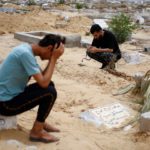


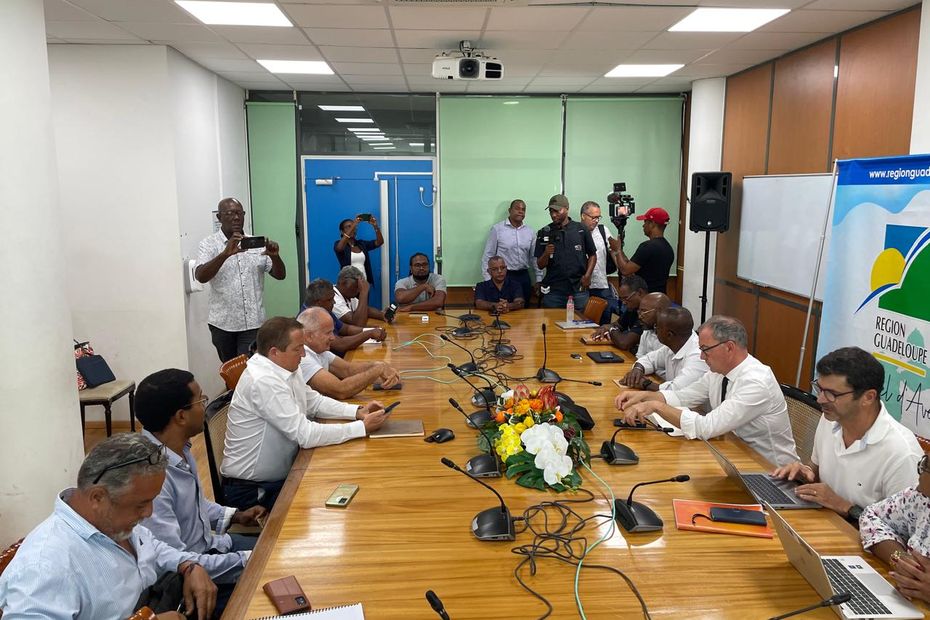
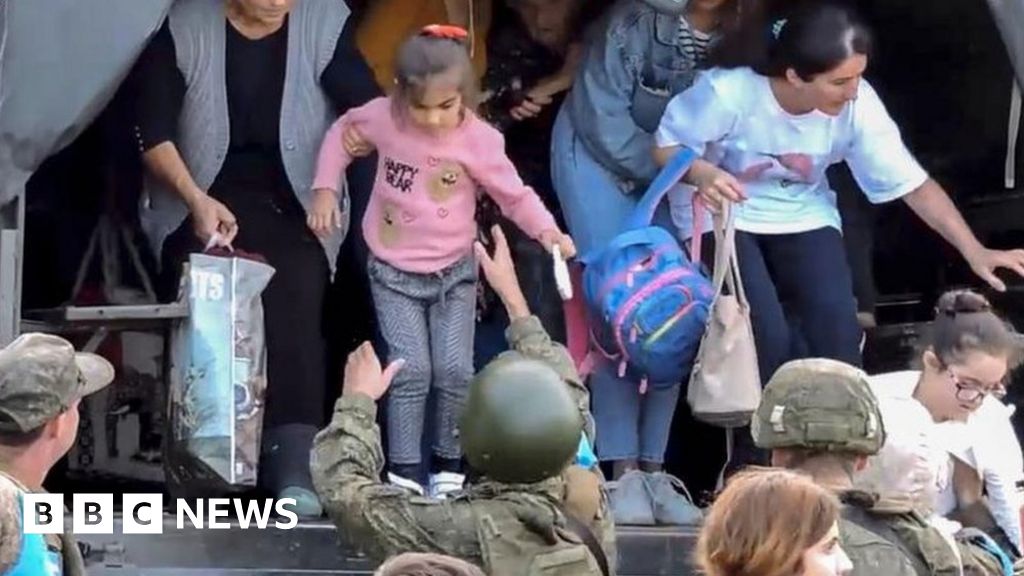
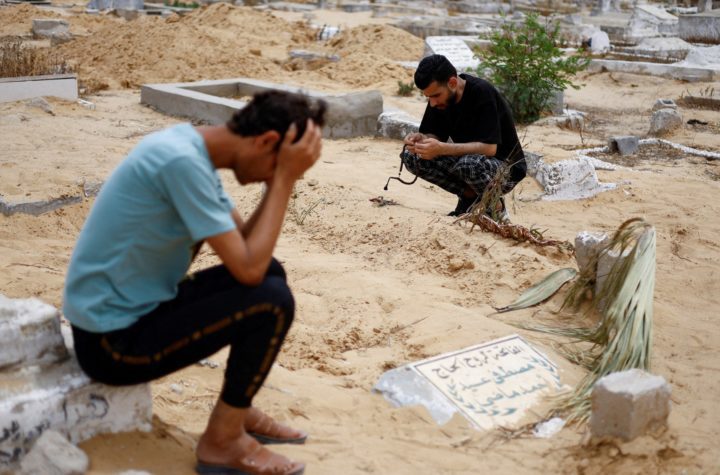
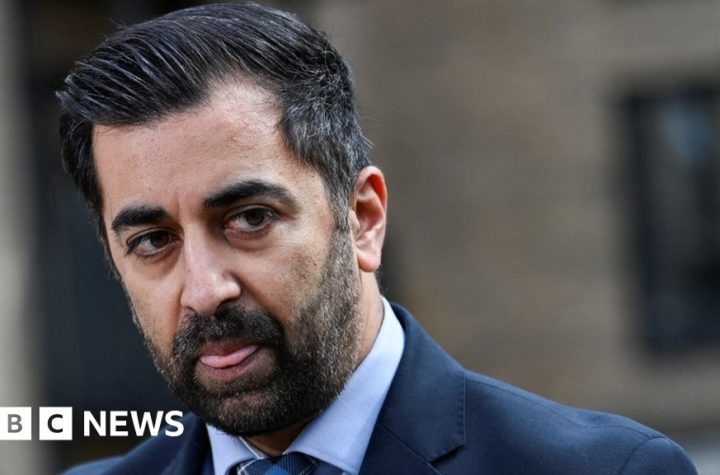
More Stories
Israel's war on Gaza live: Israel bombs Gaza as student protests grow | News of the Israeli war on Gaza
Hamza Yousaf will not resign from the position of First Minister of Scotland
Talks between the United States and China begin with warnings about misunderstanding and miscalculation